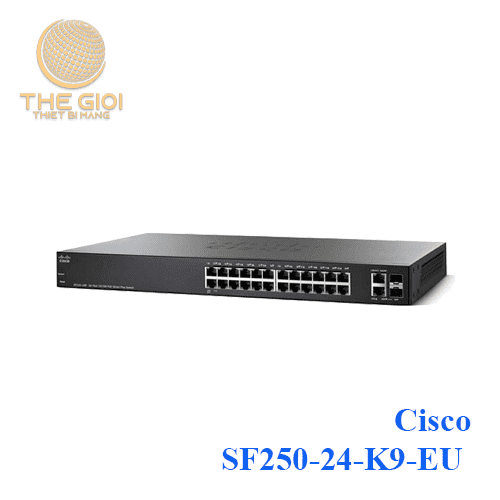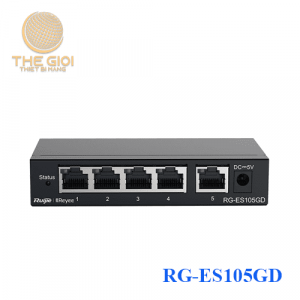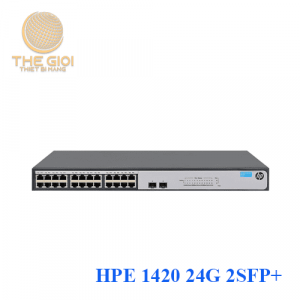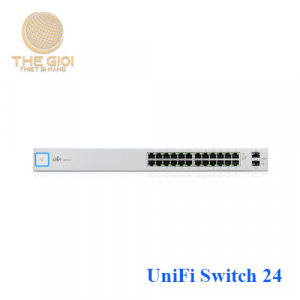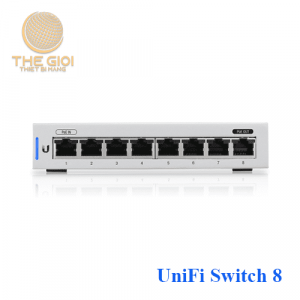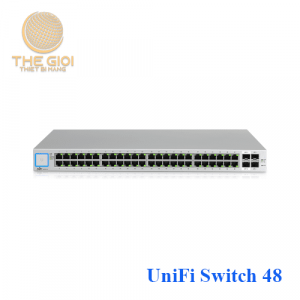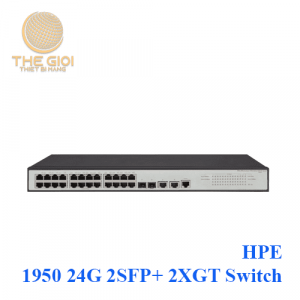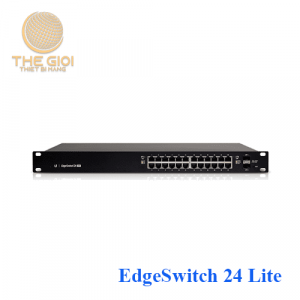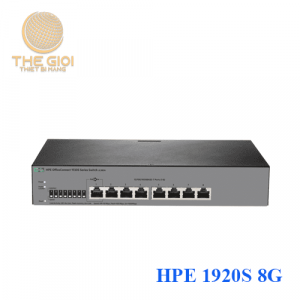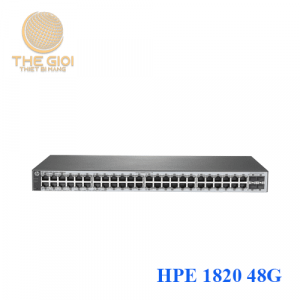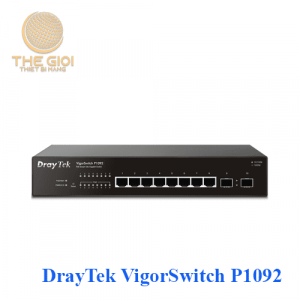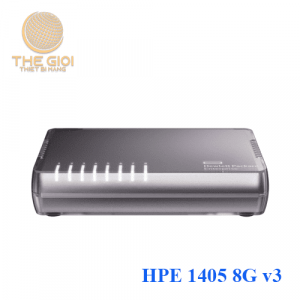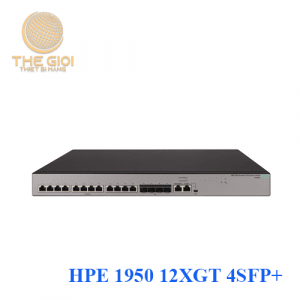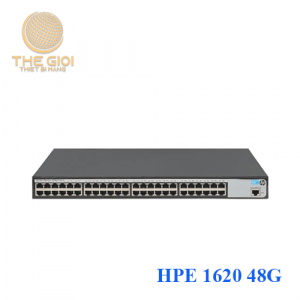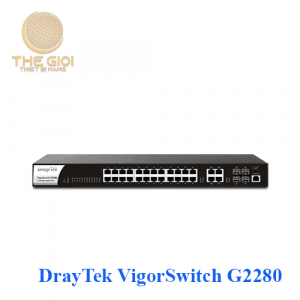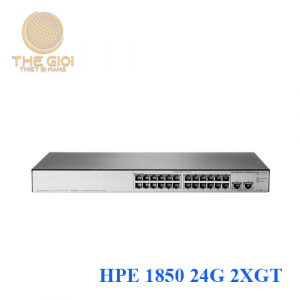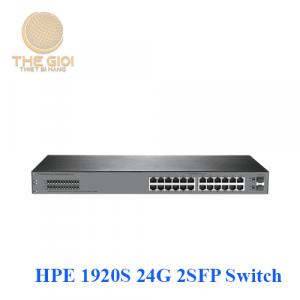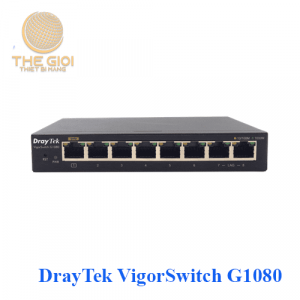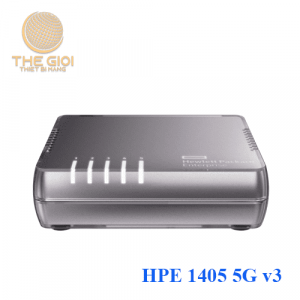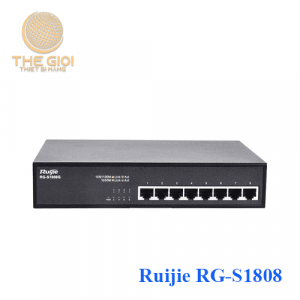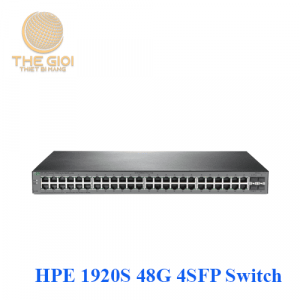Specifications
| Performance | |
| Switching capacity and forwarding rate | Capacity in millions of packets per second (mpps) (64-byte packets): 9.52 |
| All switches are wire-speed and nonblocking | Switching capacity in gigabits per second (Gbps): 12.8 |
| Ports | |
| Total system ports | 24 Fast Ethernet + 4 Gigabit Ethernet |
| RJ-45 ports | 24 Fast Ethernet |
| Combo ports (RJ-45 + SFP) | 2 Gigabit Ethernet combo + 2 SFP |
| USB slot | USB Type-A slot on the front panel of the switch for easy file and image management |
| Buttons | Reset button |
| Cabling type | Unshielded Twisted Pair (UTP) Category 5 or better for 10BASE-T/100BASE-TX; UTP Category 5e or better for 1000BASE-T |
| LEDs | System, Link/Act, PoE, Speed |
| Flash | 256 MB |
| CPU | 800 MHz ARM |
| CPU memory | 512 MB |
| Layer 2 switching | |
| Spanning Tree Protocol (STP) | Standard 802.1d spanning tree support Fast convergence using 802.1w (Rapid Spanning Tree Protocol [RSTP]), enabled by default Multiple spanning tree instances using 802.1s (MSTP); 8 instances are supported |
| VLAN | Support for up to 256 active VLANs simultaneously Port-based and 802.1Q tag-based VLANs Management VLAN Guest VLAN |
| Voice VLAN | Voice traffic is automatically assigned to a voice-specific VLAN and treated with appropriate levels of QoS. Auto voice capabilities deliver networkwide zero-touch deployment of voice endpoints and call control devices |
| IGMP (versions 1, 2, and 3) snooping | Internet Group Management Protocol (IGMP) limits bandwidth-intensive multicast traffic to only the requesters; supports 4K multicast groups (source-specific multicasting is also supported) |
| HOL blocking | Head-Of-Line (HOL) blocking |
| Loopback detection | Provides protection against loops by transmitting loop protocol packets out of ports on which loop protection has been enabled. It operates independently of STP |
| Layer 3 routing | |
| IPv4 routing | Wire-speed routing of IPv4 packets Up to 32 static routes and up to 16 IP interfaces |
| IPv6 routing | Wire-speed routing of IPv6 packets |
| Layer 3 interface | Configuration of Layer 3 interface on physical port, LAG, VLAN interface, or loopback interface |
| Classless Interdomain Routing (CIDR) | Support for CIDR |
| DHCP relay at Layer 3 | Relay of DHCP traffic across IP domains |
| User Datagram Protocol (UDP) relay | Relay of broadcast information across Layer 3 domains for application discovery or relaying of bootP/DHCP packets |
| Security | |
| SSL | Secure Sockets Layer (SSL) encrypts all HTTPS traffic, allowing secure access to the browser-based management GUI in the switch |
| Secure Shell (SSH) Protocol | SSH is a secure replacement for Telnet traffic. Secure Copy (SCP) also uses SSH. SSH v1 and v2 are supported |
| IEEE 802.1X (authenticator role) | RADIUS authentication, guest VLAN, single/multiple host mode, and single/multiple sessions |
| Secure Core Technology (SCT) | Ensures that the switch will receive and process management and protocol traffic no matter how much traffic is received |
| Port security | Ability to lock source MAC addresses to ports and limit the number of learned MAC addresses |
| Storm control | Broadcast, multicast, and unknown unicast |
| DoS prevention | Denial-of-Service (DoS) attack prevention |
| STP loopback guard | Provides additional protection against Layer 2 forwarding loops (STP loops) |
| Quality of service | |
| Priority levels | 8 hardware queues |
| Scheduling | Strict priority and Weighted Round-Robin (WRR) queue assignment based on DSCP and class of service (802.1p/CoS) |
| Class of service | Port based; 802.1p VLAN priority based; IPv4/v6 IP precedence/Type of Service (ToS)/DSCP based; Differentiated Services (DiffServ); classification and re-marking ACLs, trusted QoS |
| Rate limiting | Ingress policer; egress shaping and rate control; per VLAN, per port, and flow based |
| Congestion avoidance | A TCP congestion avoidance algorithm is required to reduce and prevent global TCP loss synchronization |
| Standards | |
| Standards | IEEE 802.3 10BASE-T Ethernet, IEEE 802.3u 100BASE-TX Fast Ethernet, IEEE 802.3ab 1000BASE-T Gigabit Ethernet, IEEE 802.3ad Link Aggregation Control Protocol, IEEE 802.3z Gigabit Ethernet, IEEE 802.3x Flow Control, IEEE 802.3 ad LACP, IEEE 802.1D (STP), IEEE 802.1Q/p VLAN |
| IPv6 | |
| IPv6 QoS | Prioritize IPv6 packets in hardware |
| IPv6 ACL | Drop or rate limit IPv6 packets in hardware |
| IPv6 applications | Web/SSL, Telnet server/SSH, Ping, Traceroute, Simple Network Time Protocol (SNTP), Trivial File Transfer Protocol (TFTP), Simple Network Management Protocol (SNMP), Remote Authentication Dial-In User Service (RADIUS), Syslog, DNS client, DHCP client, DHCP autoconfig |
| Environmental | |
| Unit dimensions (W x H x D) | 440 x 44 x 202 mm (17.3 x 1.45 x 7.95 in) |
| Unit weight | 2.72 kg (6 lb) |
| Power | 100 to 240V, 50 to 60 Hz |
| Operating temperature | 32° to 122°F (0° to 50°C) |

